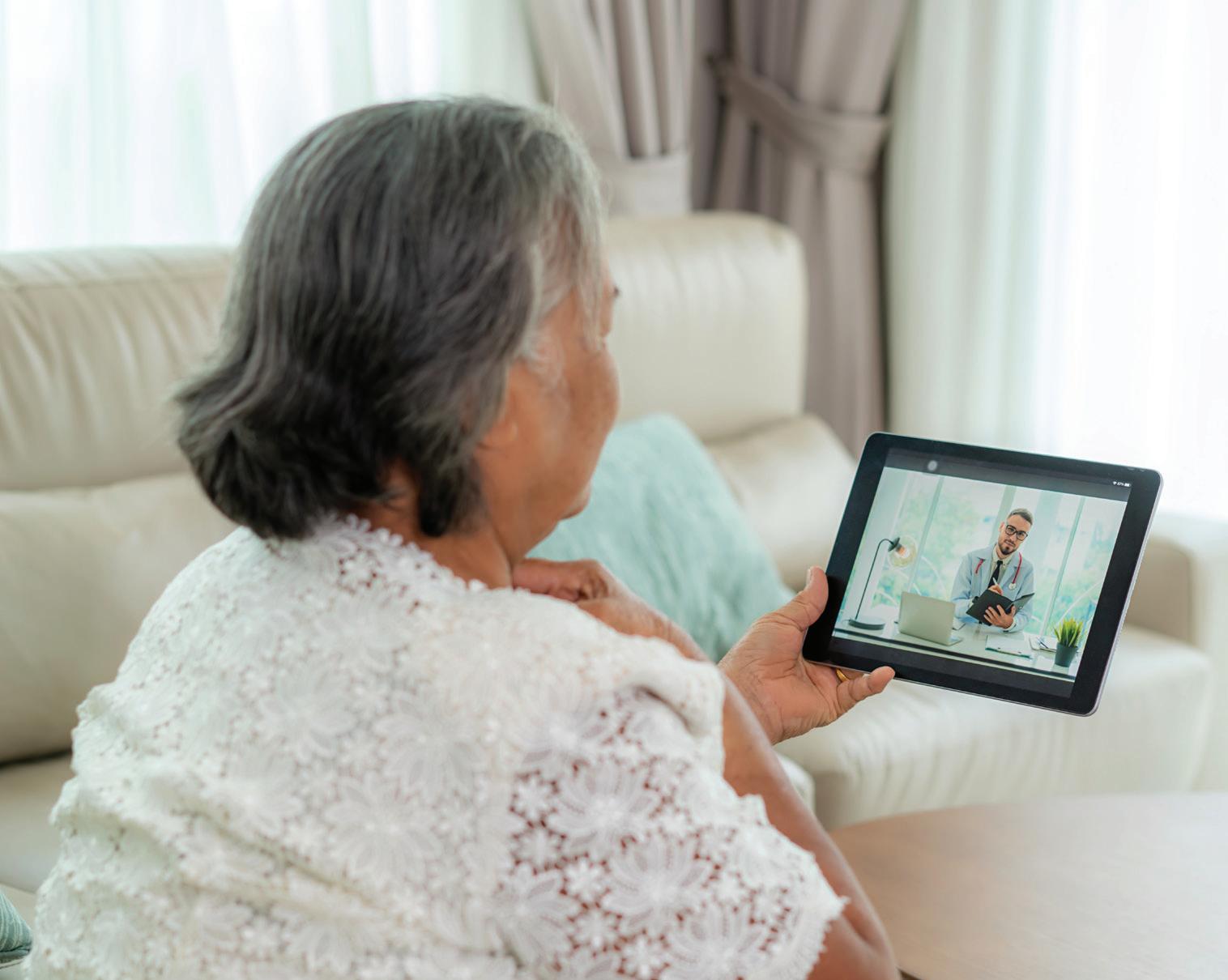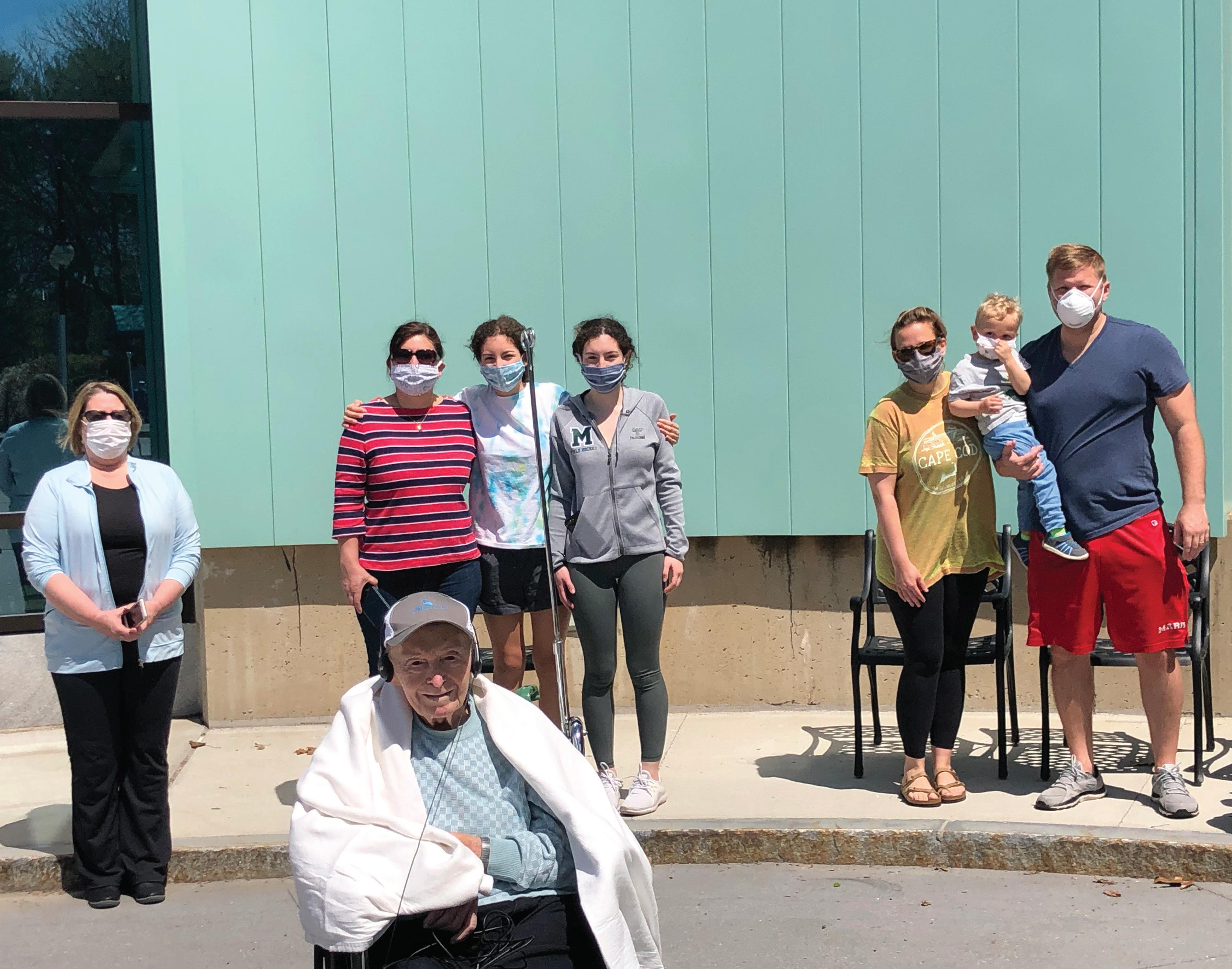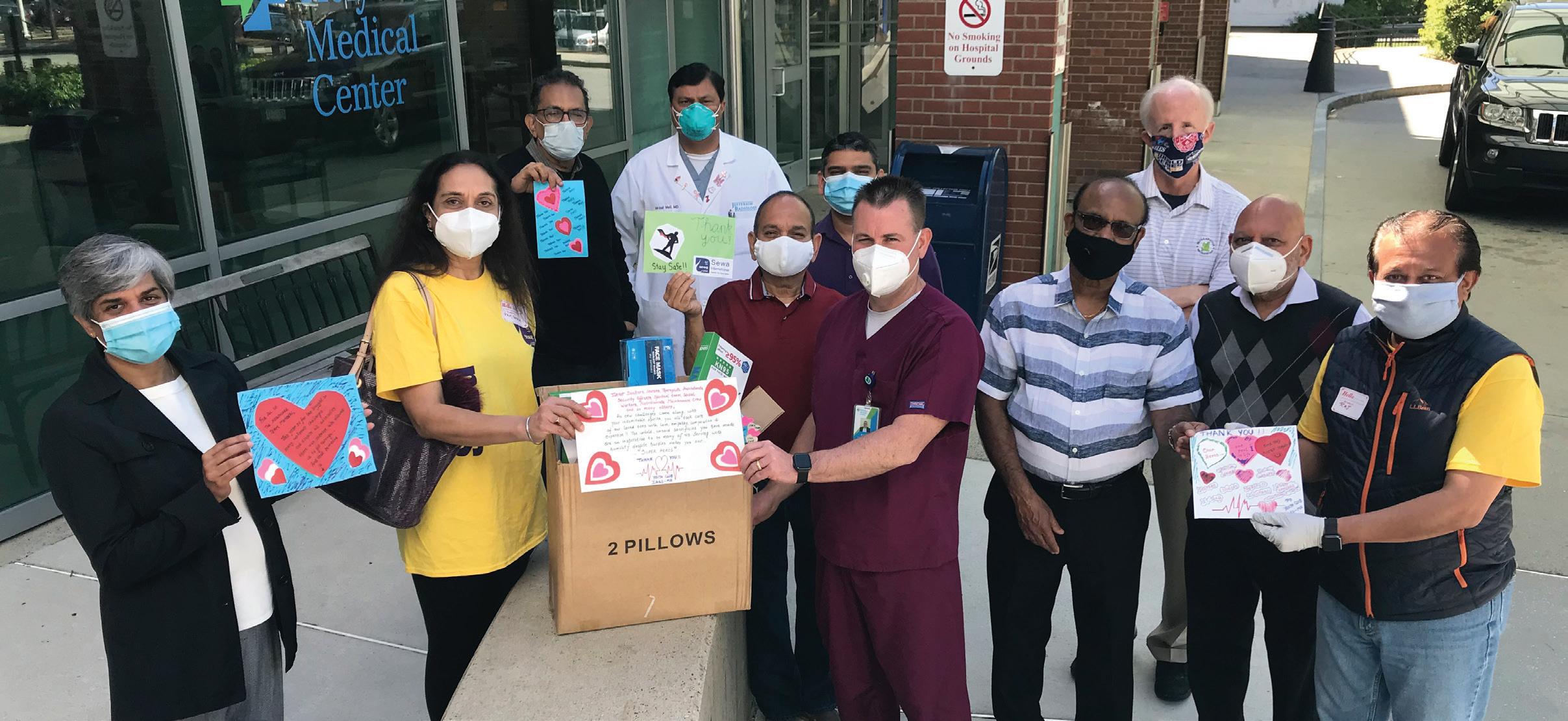
10 minute read
INSIDE THE FRONT LINES Ten healthcare workers share how their
INSIDE THE FRONT LINES
TEN HEALTHCARE WORKERS SHARE HOW THEIR ROLES CHANGED DURING THE PANDEMIC, AND WHAT BEING ABLE TO HELP MEANT TO THEM.
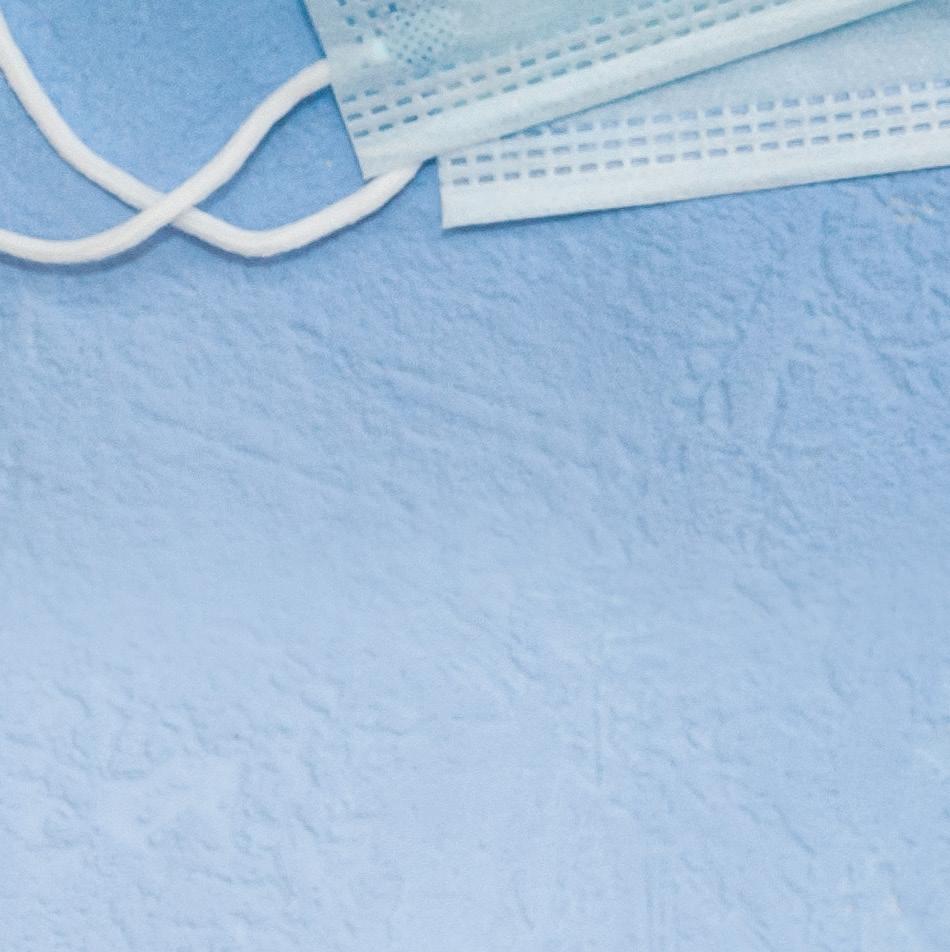
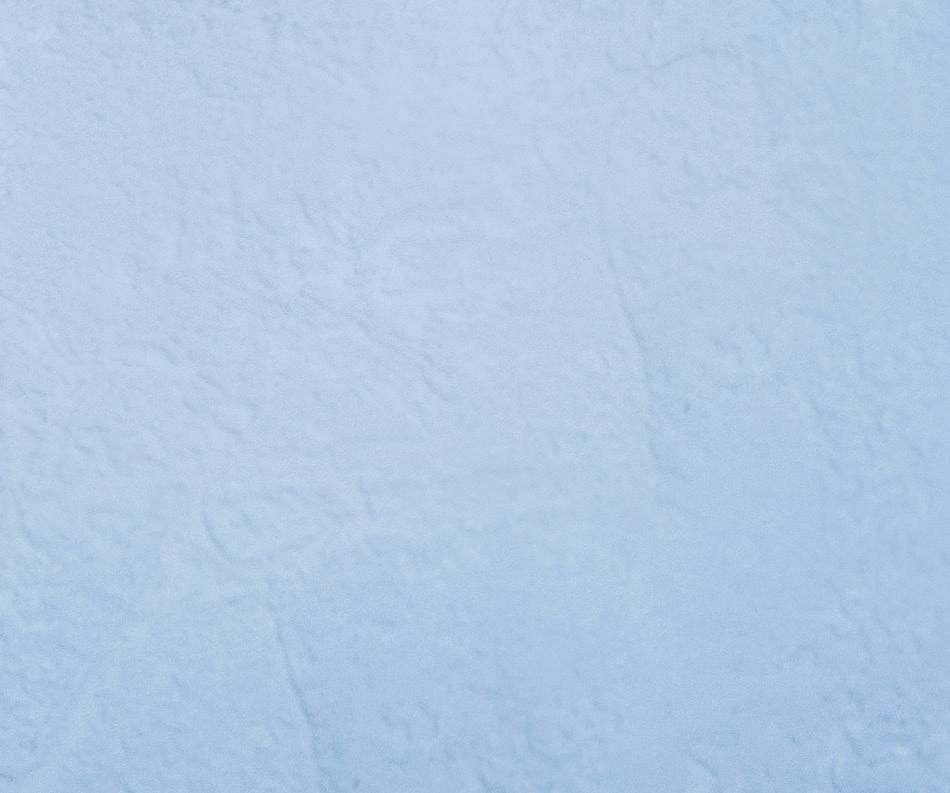
AT HOLYOKE MEDICAL CENTER,
we’re incredibly proud of our entire staff for doing whatever was necessary to ensure the best possible care for our community during the COVID-19 crisis. On these pages, 10 staff members share their experiences.
MICHELLE CHAMPIGNY, RN, BSN


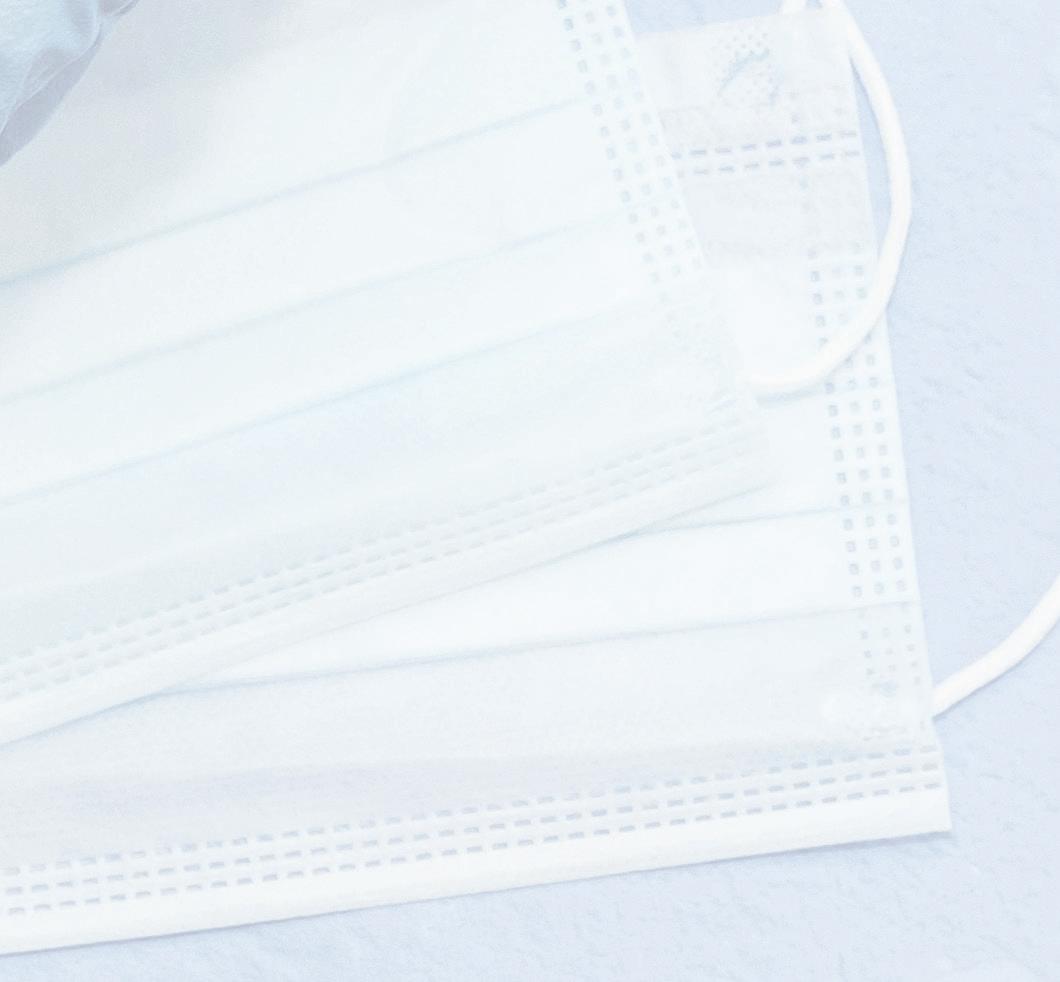
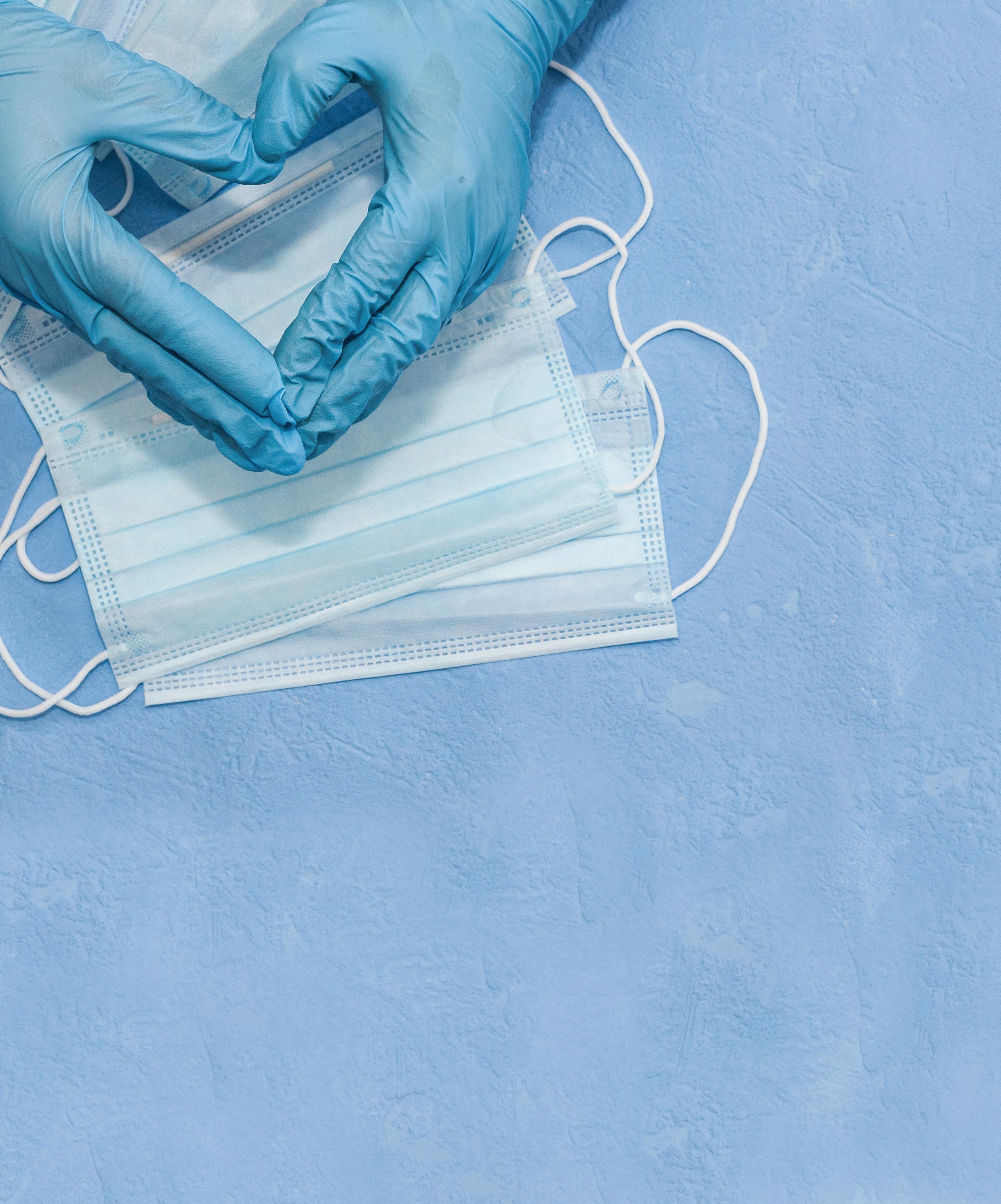
I was working as a registered nurse at The Work Connection at Holyoke Medical Center when I fi rst heard we were taking on about 40 residents from the Soldiers’ Home in Holyoke. I thought, ‘Wow, that’s a huge undertaking.’ But having been part of the hospital for 13 years, I just knew it would work. My boss offered me the opportunity to work with the veterans and I said Yes. At fi rst, when I started, I was a little bit nervous about COVID-19, given the outbreak at the home they came to us from. But when I walked on the unit and saw the personal protective equipment (PPE) we had, I was reassured. So many people have worked so well together to make this happen. The Physical Therapists have been amazing. It’s beautiful to see someone who was previously bed bound now up out of bed and walking 20 steps. I’ve developed a lot of relationships with the veterans. One gentleman loves Elvis Presley because he left his life of comfort to serve this country. So I bought him a poster of Elvis in his uniform. He cried when I gave it to him, and so did I. The experience has been really great. The veterans are so appreciative of the care we give them.
ATIF KHAN, FNP, NP-C




I’m a nurse practitioner in the emergency department at Holyoke Medical Center. During the pandemic, although my role didn’t change, the work did. We had an infl ux of patients who were very, very sick with COVID-19, an illness we knew very little about. It was constant education, day in and day out. Another thing that made our jobs so different was how PPE—full body suit, gloves, mask and face shield—limited our ability to establish a personal connection with patients. For me, COVID-19 underscored the importance of being able to converse with patients face-to-face to explain their diagnosis and treatment. The response from the emergency room staff—providers, nurses, technicians, registration folks, respiratory therapists and environmental team—who all came together as a family to take care of our patients, and to do it very effi ciently and very well, was incredible to see. We couldn’t have cared for our community effectively without everyone stepping up to the plate the way they did.
JANET LAROCHE,
BCRE-PRO
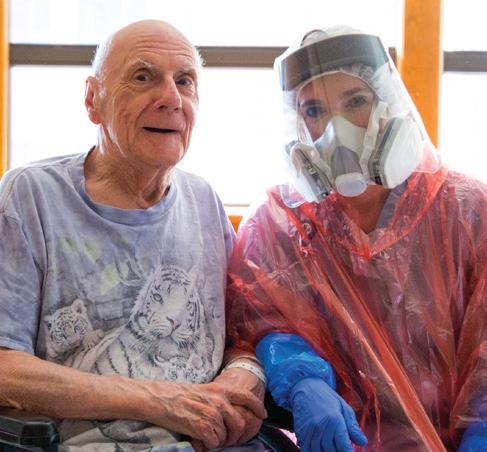
Ordinarily, I work in development, helping to raise money to support the hospital, which is a nonprofit. On the third of April, I was furloughed. That same morning, I found out that the residents at the Soldiers’ Home, where my father lives, were receiving their COVID-19 test results. My father tested negative, thankfully. Then I found out the hospital would be taking in about 40 residents, my father among them. I knew I had to volunteer to help care for the veterans. Partly, of course, so I could see my dad—I hadn’t seen him in a month because visitors weren’t allowed at the home. But also to give back by helping all the veterans. I did everything that was nonclinical that the nurses needed help with, like serving lunch and breakfast, getting laundry bagged up so it could be sent down to be washed, delivering coffees and snacks, and making beds. I wasn’t behind my desk on the computer anymore. I was on the floor in scrubs, PPE and a respirator. Having a parent on the veterans’ floor, it's a real comfort to me to know firsthand that they’re getting the best care. The staff just loves taking care of them.
KATELYN NADEAU,
CST

As a certified surgical technologist, my normal role at Holyoke Medical Center is to maintain the surgical field and prepare the OR for the patients coming in. During the pandemic, I begged my boss to put me wherever they needed help. I wanted to be there and make a difference. I worked as a screener at the front door, taking people’s temperatures and asking questions to determine whether they were safe to enter the facility. It was quite different for me. In surgery, your patient is asleep. Being at the front door, you have so much patient and family interaction. It was very difficult to say No to people—to have to tell those who wanted to visit a sick family member or who wanted to go to a doctor’s appointment with a loved one that they couldn’t come in. The best moment for me was when I went to help welcome the residents of the Soldiers’ Home. We made posters and had blankets ready for them. We all came together and built this friendship in an outside-of-work atmosphere. And working alongside the National Guard that day is one of the highlights of my life so far.
MARIAN MATHIEU,
RN, BSN
I’m a circulating nurse in the operating room (OR) at Holyoke Medical Center. It’s my responsibility to make sure that everyone stays safe during surgery. During the pandemic, the OR was not performing elective surgeries, so we didn’t have the same volume. I’ve been a nurse for 38 years, I was a military nurse for 10 of those years and have been certified in med/surg and ICU. So I felt competent to perform any nursing skill and volunteered to work wherever I was needed. I was asked to help care for the veterans who came here from the Soldiers’ Home in Holyoke. These veterans have given of themselves for this country. Now it was our time to give to them. There was one particular resident who liked to do a lot of things, but because of the pandemic there weren’t many activities available. Someone got him a cribbage board, and I’d sit and play with him when I had a few free moments. It was a confusing and overwhelming time for the veterans. To see his smile and to see him engaged in a fun activity was really rewarding.
REINALY PACHECO
Normally, I’m an office assistant in the surgery department. But during the pandemic, I helped take care of the residents from the Soldiers’ Home. Being an office assistant, I spend a lot of time on the computer and on the phone. Working with the veterans is hands-on—you get to see and talk with them directly. That’s been wonderful, but also challenging. Once you get to know people, you feel sad to see their struggles and what they’re going through. Being isolated was hard for the veterans, and I remember thinking, ‘What can we do? What game can we play from a distance, but still together?’ That’s when I came up with the idea of playing “Hallway Bingo.” They would sit in their doorways and I yelled out the numbers. Soon they were all yelling and enjoying the game. We gave scratch tickets and other items specific to their interests as prizes. What I learned in this new role is to be more compassionate, more patient. Their smiles were the most rewarding thing, and being able to laugh with them at the jokes they made. That really filled up my days with happiness.
CHERELYN ROBERTS,
MSHCA, BSN, RN
Usually, I’m the manager of the community navigation department and the call center. During the COVID-19 crisis, I joined the frontline nurses at patient bedsides and also was involved in caring for the veterans from the Soldiers’ Home. My team and I managed the family line for the veterans. Their families could call seven days a week to ask questions or to tell us something they wanted us to know about their loved one. The other thing I did was help the nurses and other staff take care of the COVID-positive patients. There was a lot going on and they needed our support. One challenge was dealing with the emotions and the exhaustion you felt every night when you got home. On top of that, I have two daughters who work in the emergency department and have been in the thick of it. Hearing their stories every night and worrying about them and their small children—that was very hard for me. Just thinking about everything the veterans have done for every one of us in this country gave me strength. They did their duty, and now it was my duty— and honor—to take care of them. KEVIN SNOW, DO I’m the Medical Director of Holyoke Medical Group WalkIn Care. During the pandemic, the walk-in clinic closed. I was given the privilege of taking care of the veterans from the Soldiers’ Home. Every day, I’d see each veteran and was on call when I wasn’t at the hospital. The biggest challenge was that a lot of the veterans were getting sick, and the last time anybody talked about their code status— the type of emergency treatment they’d want to receive— was, in most cases, years ago. Being older, many of them had other medical issues. I had to have these difficult conversations over and over again with patients and families, often with the patient’s wife of 50 or 60 years. It was hard. But the veterans and their families were grateful for the excellent care they received here. The hospital’s response was overwhelming. People stepped up, and I mean everybody. Housekeeping, the kitchen staff, even the young people delivering the food trays were talking to the veterans. It just seemed to come naturally to them. Everyone should be proud. It was an incredible thing to be part of.
LYNN ROBINSON
As manager for the Case Management department, my normal role is to keep our department running smoothly and make sure we’re in compliance with the requirements of Medicare and other payers. When we began to see COVID-19 cases at the hospital, we wanted to limit patient exposure to people coming into their room, keep our case managers safe and conserve PPE. We ended up being able to do most of our work with patients by telephone. But there were still times when someone had to go into the room. We made the decision that my director and I would do all the in-room visits. So I went from a role with very limited patient contact to having very difficult conversations with patients about things like healthcare proxies (giving someone else the ability to make medical decisions for you if you’re no longer able to) and end-oflife planning. It was a big change for me and very difficult at times. But there are positive stories, too. Overall, I’m so proud of Holyoke Medical Center. Everyone rose to the occasion, and leadership was right there with us every

step of the way.
KYLE CROSS,
PT, DPT
My regular position here at the hospital is an outpatient physical therapist. My role after the COVID pandemic has changed dramatically. Other physical therapists, occupational therapists and myself were called back from furlough to care for the veterans displaced from the Soldiers’ Home. I was given the title of Physical Therapist Veteran Liaison. This role consisted of us doing total body care for these individuals, which includes everything from feeding and toileting to nail care and haircuts. We walk and exercise with them, perform chest therapy and positioning, we advocate for them. We were also tasked with keeping connection with their families—calling family members every day on the phone, helping to connect through FaceTime video chats, and reading them cards from their loved ones. The families would express relief that the veterans were in our care here at the hospital and how much faith they had in us. These veterans are heroes—they served our country and I felt they deserve the best from us. I am honored to work and to know them and proud of our rehab team.

